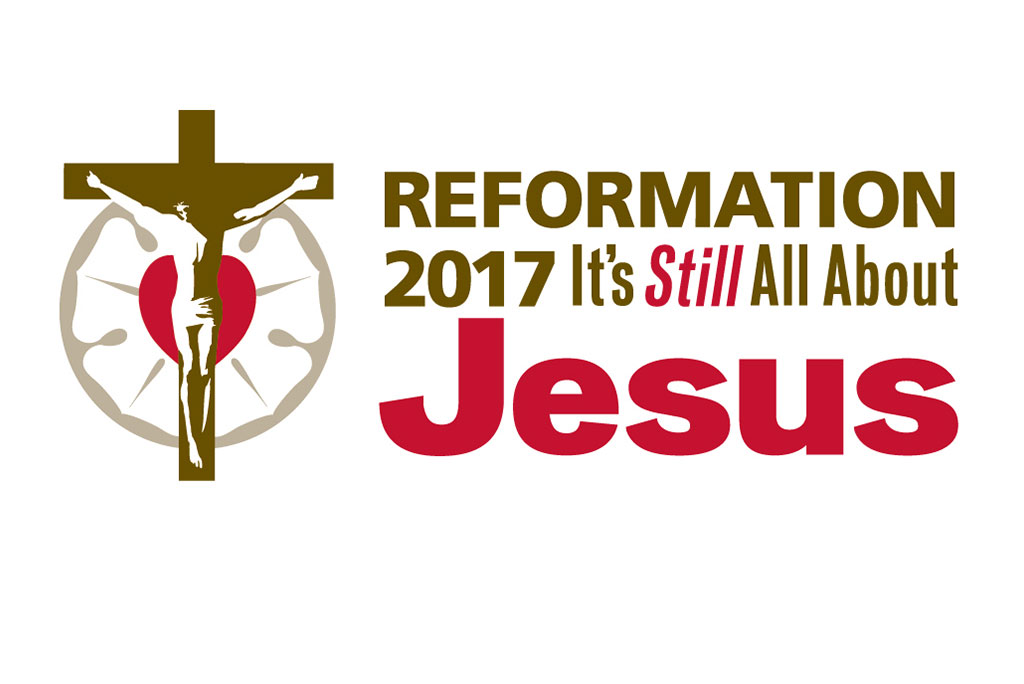
This, then, is the preparation of Christ’s way and John’s proper office. He is to humble all the world and proclaim that they are all sinners — lost, damned, poor, needy, miserable people; that there is no life, work, or estate (however holy, beautiful, and good it may appear) that is not damnable unless Christ our Lord dwells therein, unless he works, walks, lives, is, and does everything through faith in Him; that they all need Christ and should desire to share His grace.
See, where it is preached that all people’s work and life is nothing, that is the true voice of John in the wilderness and the pure and clear truth of Christian doctrine, as Paul says, “They are all sinners and lack the glory that they should have had toward God” (Romans 3 [:23]). This is truly humbling and cutting out and destroying overconfidence. That is truly to prepare the way of the Lord, to give room, and to make way.
Now here are found two kinds of people: some believe the crying of John and confess that it is true for them. These are the people to whom the Lord comes. In them His way is prepared and made ready, as Peter says that God “gives grace to the humble” (1 Peter 5 [:5]). The Lord Himself says, “Whoever humbles himself will be exalted” (Luke 18 [:14]). Here you must learn well and understand spiritually what the way of the Lord is, how it is prepared, and what prevents Him from finding room in us. The way of the Lord, as you have heard, is that He does all things within us, so that all our works are not ours but His, which happens by faith.
But the preparation does not consist in you making yourself worthy by praying, fasting, mortifying yourself, and your own works, as now all preaching during Advent foolishly urges. Rather, as has been said, it is a spiritual preparation, consisting in a thoroughgoing knowledge and confession of your being unfit, a sinner, poor, damned, and miserable, with all the works you can do. The more a heart is thus minded, the better it prepares the way of the Lord, even if meanwhile it drinks nothing but malmsey, walks on roses, and does not pray a word.
The hindrance, however, which does not give way for the Lord is not only the coarse, bodily sins of unchastity, wrath, haughtiness, avarice, etc., but rather also spiritual opinion and pharisaical pride, which thinks highly of its own good life and works, feels secure, does not itself condemn them, and in addition refuses to let them be condemned. Such, then, is the other class of men, namely, those who do not believe John’s voice but say it is of the devil, since it forbids good works and condemns the service of God. These are the people to whom most of all and most urgently it is said, “Prepare the way of the Lord,” and who least of all accept it. …
Therefore, he also says, “Among you stands one you do not know.” He means to say: “Do not let your eyes look into future times. He of whom the prophets speak has been among you in the Jewish nation for about thirty years. Take care and do not miss Him. You do not know Him; therefore, I have come to point Him out to you.” The words “among you stands one” are spoken after the manner of the Scriptures, which say: A prophet will arise or stand up. Jesus says, “False prophets shall arise” (Matthew 24 [:24]), or stand up or spring up. And God says, “I will raise up a prophet from among their brothers” (Deuteronomy 18 [:18]). John wants to show that this raising, rising up, standing up, and wakening was fulfilled in Christ. He has already come forward from among their brothers, as God had promised, and they did not know him.
This, then, is the second office of John and of an evangelical preacher: that he not only makes all the world sinners, as we have heard above, but also gives comfort and shows how we may get rid of our sins. He does that by pointing to the one who is to come. Thus he points us to Christ, who is to redeem us from our sins when we receive Him in true faith. The first office says, “You are all sinners and lack the way of the Lord.” When we believe this, the other office follows and says: “Look to and receive Christ. Believe in Him; He will free you of your sins.” If we believe this, we have it.
Excerpted from Luther’s Works: American Edition, Vol. 75, Pgs. 179–80, 183 © 2013 Concordia Publishing House. Used with permission.
Posted Dec. 1, 2017
